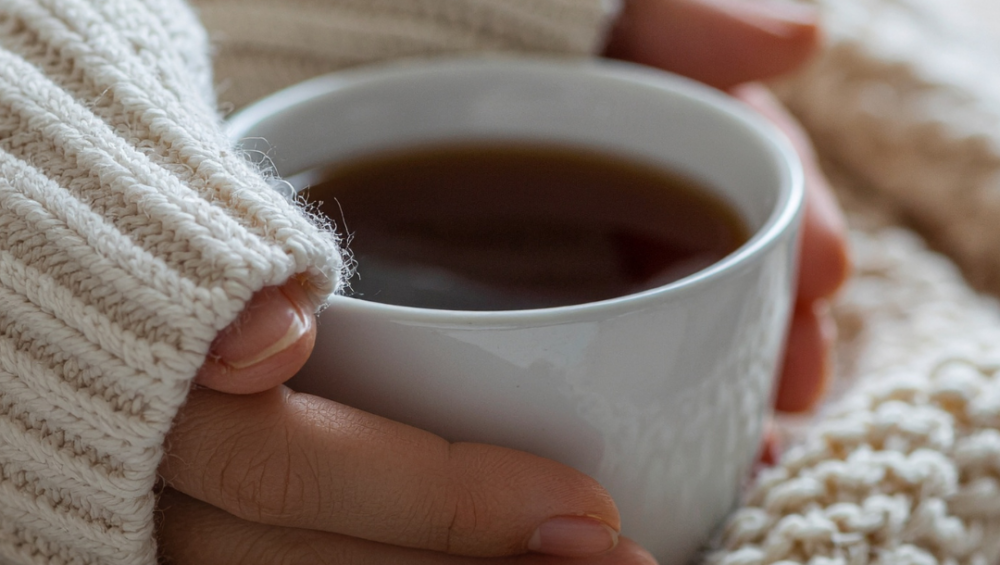Konsylium lekarskie – co warto wiedzieć, jak się przygotować
Co to jest konsylium onkologiczne❓ Konsylium lekarskie to spotkanie zespołu specjalistów, którzy wspólnie omawiają sytuację konkretnego pacjenta. W onkologii mogą brać w nim udział m.in. onkolog kliniczny, chirurg, radioterapeuta, radiolog, patomorfolog, psychoonkolog. Celem konsylium jest ustalenie najlepszego, najbardziej optymalnego i dopasowanego planu leczenia. Dlaczego konsylium jest tak ważne❓ Nowotwór to choroba złożona, dlatego decyzje terapeutyczne […]










